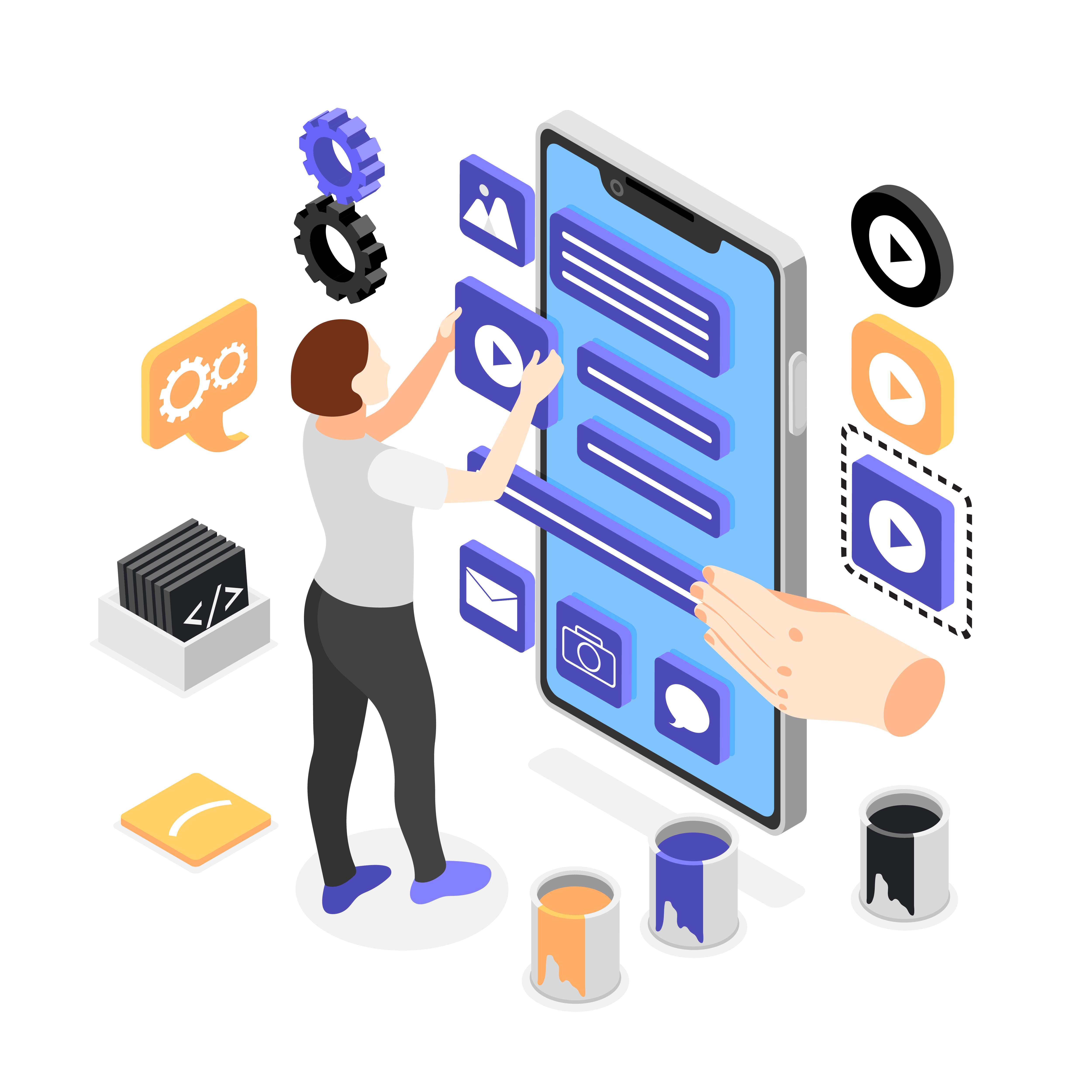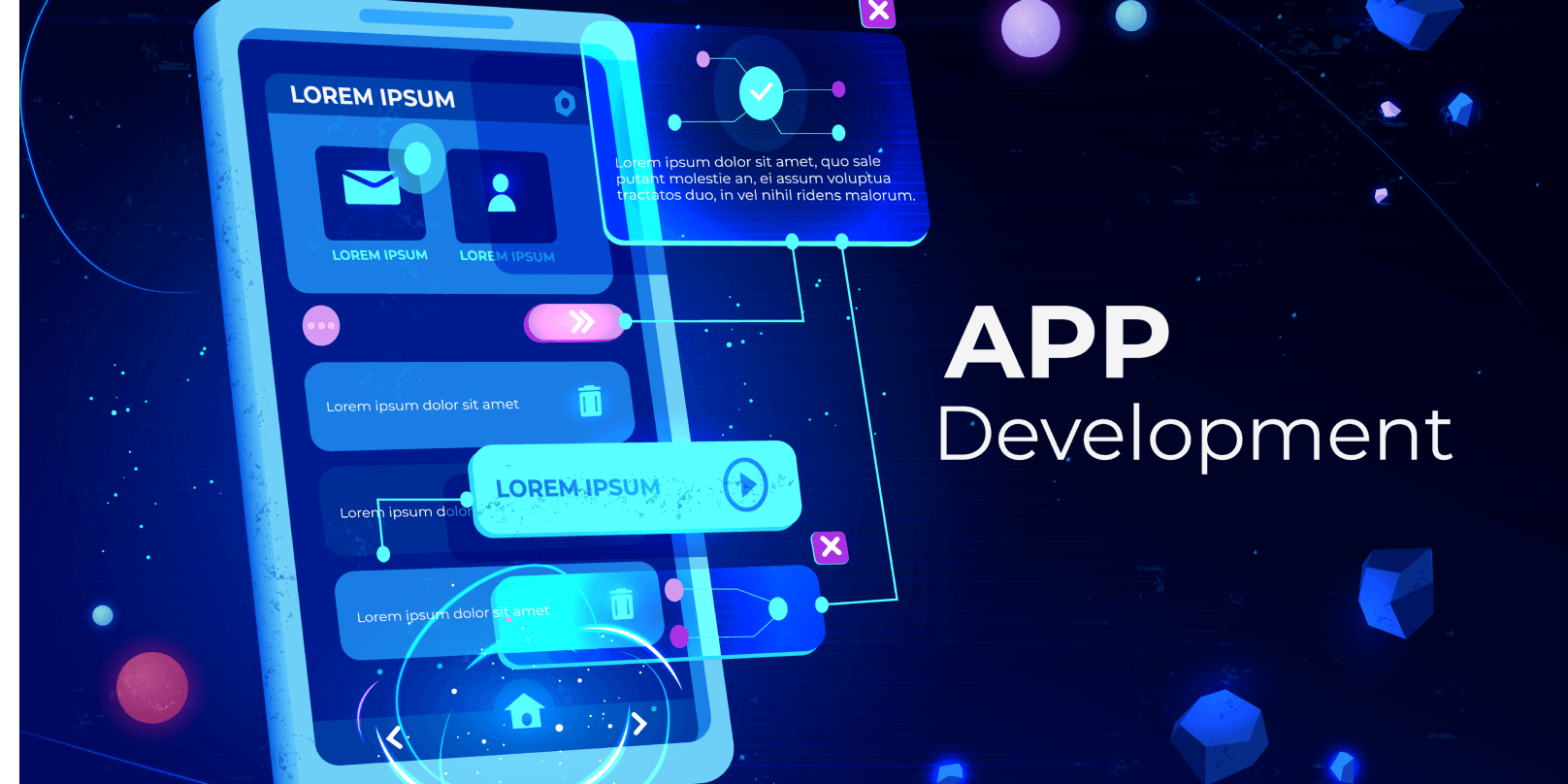Mobile App Development
In the mobile-first world, having expert developers is key to building high-performance apps. TaraTalent offers access to skilled mobile developers who create intuitive and robust apps for iOS and Android. Enhance your team with our top talent to elevate your mobile development projects.
Schedule a Call
Mobile App Types
Static web apps are the simplest type, delivering the same content to every user, while dynamic web apps interact with users for a personalized experience. SPAs offer fluid user experiences by reloading only parts of the page, and PWAs combine the best of web and mobile apps.
Native Apps
Web Apps
Hybrid Apps
Efficient Collaboration Through DevOps
Crafting Flawless Software with Innovative Testing and Quality Assurance Methodologies
Creating High-Performing Apps
Discover our mobile app development expertise, where we meticulously test, prioritize user experience, choose the right technology stack, and ensure user-centric design, guaranteeing top-notch mobile applications.
Testing is crucial to ensure the app'squality, performance, security, and usability. This includes unit testing, integration testing, performance testing, and user acceptance testing.
An app's success heavily relies on its user experience. Good UX ensures the app is easy to use, meets user needs, and provides a seamless journey from start to finish.
The choice between native, web, and hybrid technologies impacts the performance, user experience, and maintenance of the app. Popular tools and languages include Swift and Kotlin for native iOS and Android apps, respectively, and frameworks like React Native or Flutter for hybrid apps.
Focus on user-centric design principles, considering factors like screen size, graphics, and user navigation. It's also important to make apps accessible and inclusive to reach a wider audience.
Key Stages of Mobile App Development
Strategy Formation
Defining the app's objectives, target audience, and competitive landscape.
Analysis & Planning
Identifying the app requirements and preparing a product roadmap.
UI/UX Design
Designing the app's interface and user experience to be intuitive and engaging.
App Development
Coding the app, choosing the right technology stack, and following best development practices.
Testing
Rigorous QA testing to ensure the app'sfunctionality and performance.
Deployment & Support
Launching the app on the respective app stores and providing ongoing maintenance and updates.


